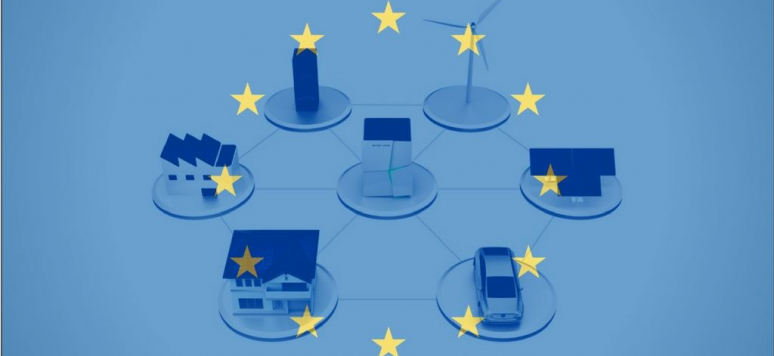Édito Énergie - The EU Battery Alliance. Can Europe Avoid Technological Dependence? Edito Energie

With the launch of its “battery alliance”, the European Union is finally taking up the industrial battle with Asia and hopes to meet a large share of the surging demand for electrical batteries. Yet, the clock is ticking and the future of battery manufacturing in Europe depends primarily on the strategies that automakers will adopt.
The right conditions may finally be in place for electric transportation to become a mass market. Hybrid and full-electric vehicles (EVs) still account for a very small fraction of total sales (1% in 2016) but demand is booming and forecasts are constantly revised upwards. Many European countries, as well as India and China, have recently signalled their intention to completely phase out gas and diesel powered cars between 2025 and 2040. In the meantime, charging infrastructures are built with public funds, incentive schemes for the purchase of EVs are extended, CO2 emissions standards are tightened, minimum quotas for the sales of zero emission vehicles are introduced, and cities are increasingly investing in electric bus fleets. This strong push in terms of public policy adds to a growing environmental awareness among customers – in particular in Europe since the Dieselgate scandal – and clearly strengthens the case for ambitious EV plans in the automotive industry.
To read the full text, download the document below.
